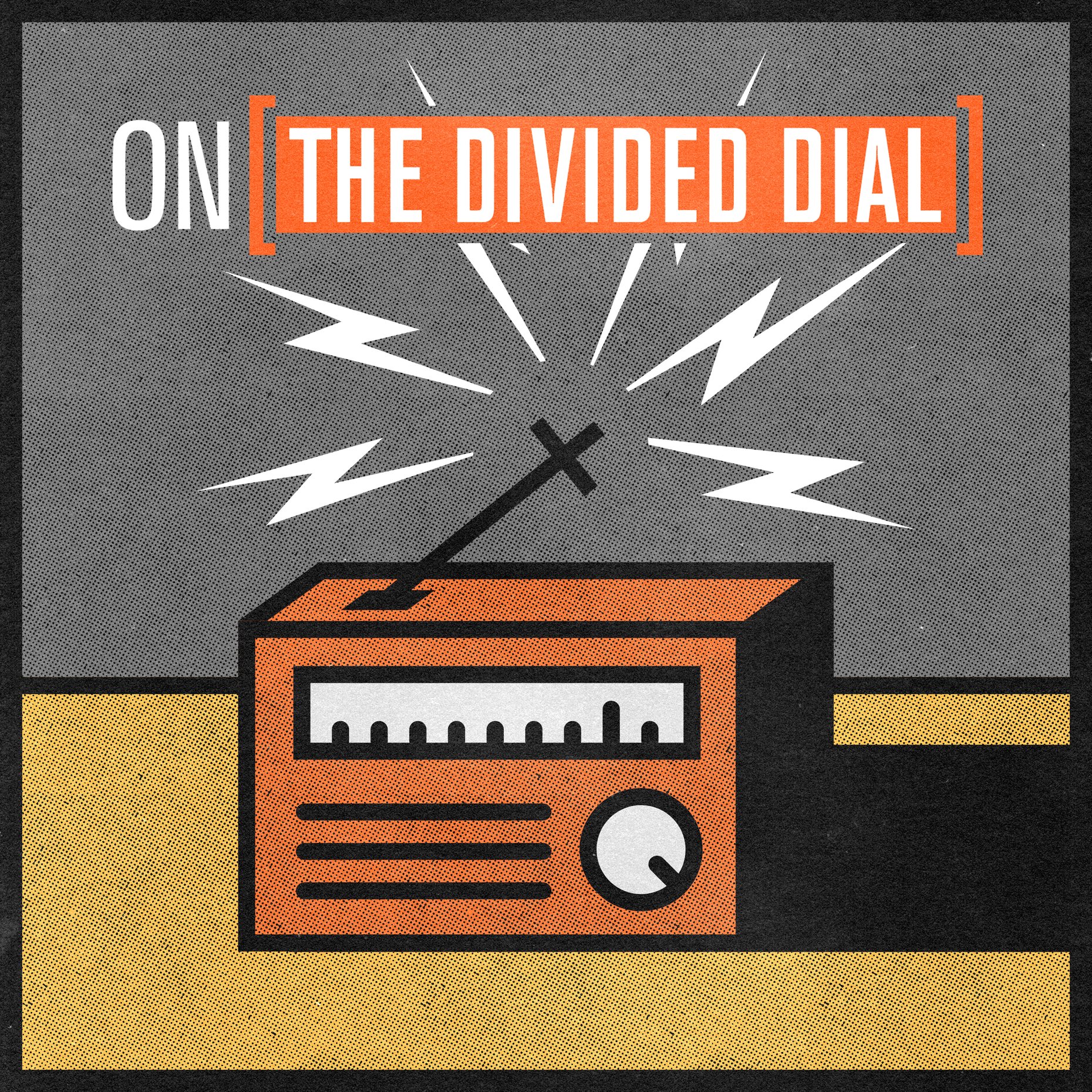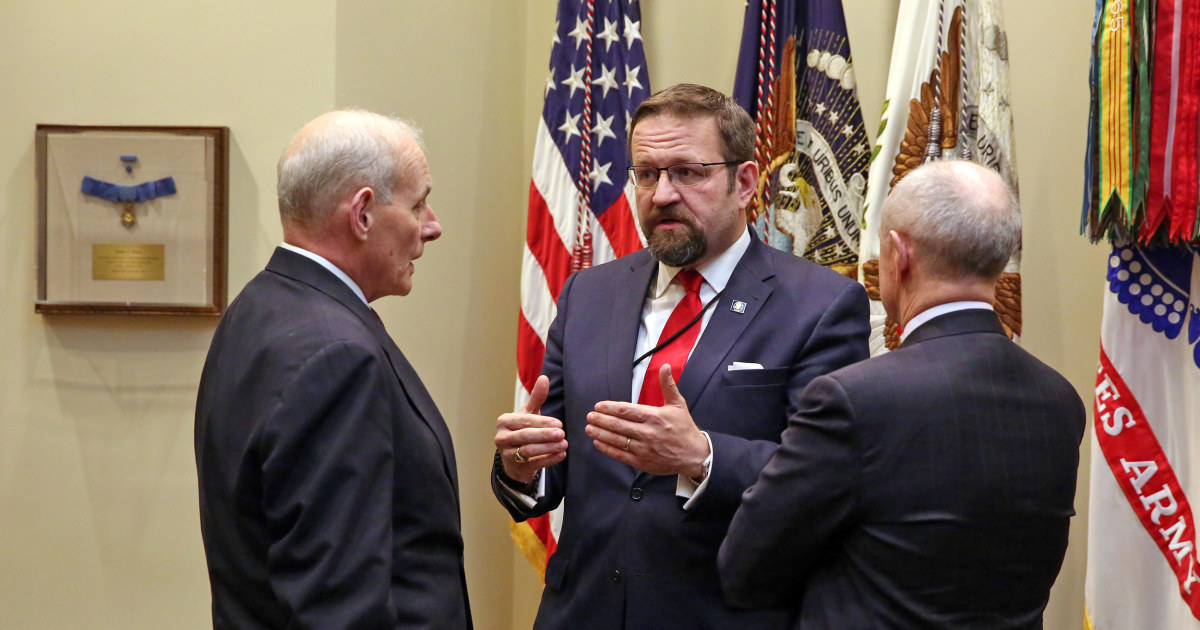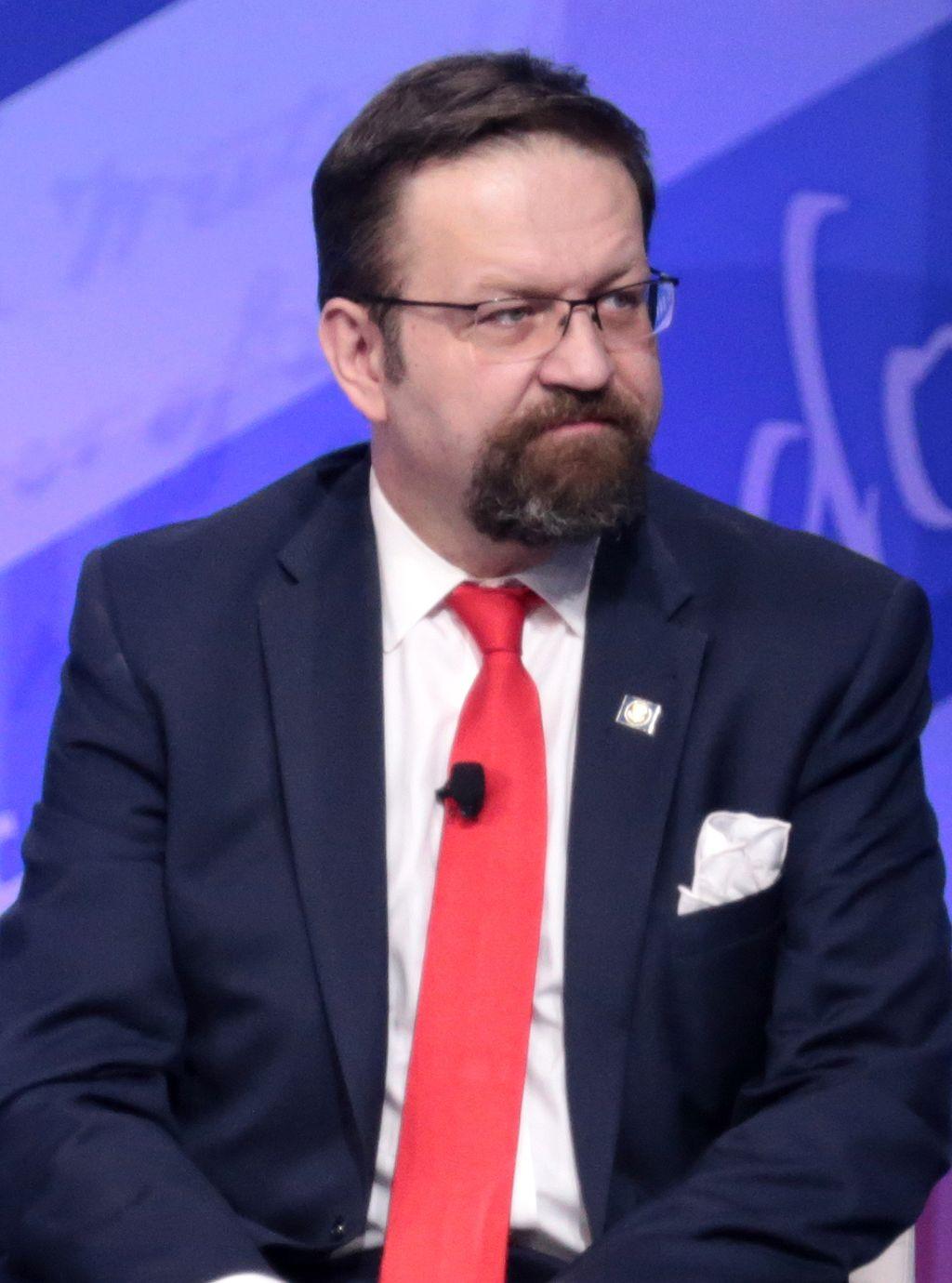- Joined
- Jun 24, 2019
- Messages
- 31,803
- Reaction score
- 60,049
- Location
- USA
- Gender
- Undisclosed
- Political Leaning
- Independent
I have only heard small segments of these shows on the radio, but it was interesting. "Concervative Christian" radio dominates the radio, the first link speaks about Salem Radio, podcast and transcript in link. Second is American History Radio and how the far Right took over.

 www.wnycstudios.org
www.wnycstudios.org

 www.wnycstudios.org
www.wnycstudios.org

The Most Influential Christian Talk Radio Network You've Probably Never Heard of | On the Media | WNYC Studios
How Salem Media Group came to dominate, and then spread the Big Lie.
In 2016, Christian talk radio host Eric Metaxas begrudgingly encouraged his listeners to vote for then-presidential candidate Donald Trump. By 2020, he pledged his life to fighting the “stolen election” while talking with Trump on the air. Ahead of the midterm elections, Metaxas and many of his fellow talk radio hosts made sure the falsehood of massive 2020 election fraud was top of mind — on the airwaves and beyond. And while election-denying candidates didn't do as well as many on the right had hoped, at least 170 such candidates have been elected to state and national offices, some of whom will be in charge of future elections.
This week, reporter Katie Thornton introduces us to the company whose hosts never backed down from the lies of the stolen 2020 election: Salem Media Group, the largest Christian, conservative multimedia company in the country – and perhaps the most influential media company you’ve never heard of. Thornton traces the company’s rise to power from its scrappy start in the 1970s to the present day — a growth that paralleled and eventually became inextricable from the growth of the Religious Right.

How did Talk Radio Get So Politically Lop-Sided? | On the Media | WNYC Studios
A history of America radio, and how it paved the way for our current media landscape.
How did the right get their vice grip of the airwaves, all the while arguing that they were being silenced and censored by a liberal media? This week, we look at the early history of American radio to reveal that censorship of far-right and progressive voices alike was once common on radio.
And reporter Katie Thornton explains how, in the post-war and Civil Rights period, the US government encouraged more diverse viewpoints on the airwaves — until it didn’t. Plus, the technological and legal changes that led to conservative talk radio hosts like Rush Limbaugh taking over the airwaves.



